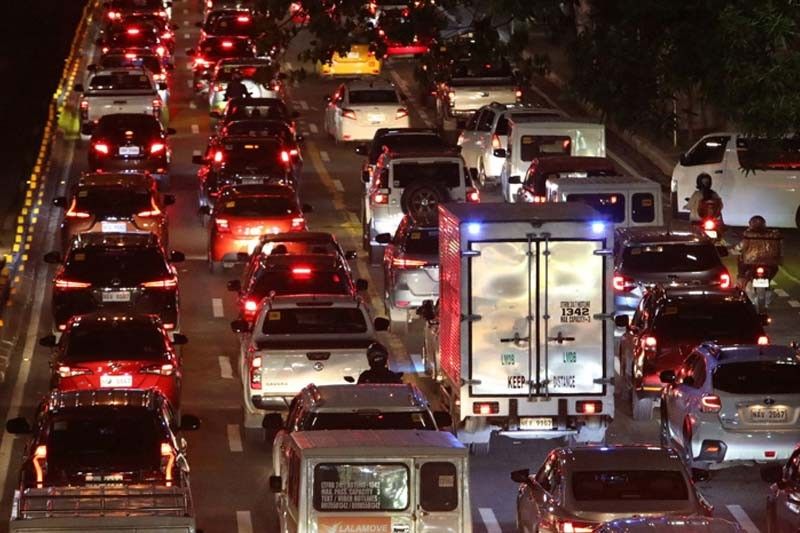260K traffic violations tallied since 'No Contact Apprehension Policy' suspension

MANILA, Philippines — The Metropolitan Manila Development Authority appealed to the public to exercise more "discipline" as the number of traffic violations swell up even with the suspension of the No-Contact Apprehension Policy.
Based on data released by the MMDA, Wednesday, over 256,977 traffic violations have been observed since the suspension of the policy last August 2022.
"Even with the implementation of the NCAP suspended, we continue with our monitoring of law breakers on the road using closed circuit television (CCTV) cameras," said the agency in Filipino under the order of MMDA Acting chairperson Don Artes.
"Among those violations that are being monitored by the agency are Disregarding Traffic Sign, UVVRP or Number Coding, Loading/Unloading, Obstruction, Dress Code, Attended Illegal Parking, Anti Distracted Driving Act (ADDA), Reckless Driving, and No Crash Helmet."
Most of the violations were reported to have happened last May, amounting to over 32,739.
The MMDA last year halted its own NCAP after the Supreme Court issued a temporary restraining order against the NCAPs being implemented by a number of local government units.
The SC stop order came in the wake of petitions filed against controversial program which have been heavily criticized by some transport groups and motorists.
The Land Transportation Office last year called for the NCAP's suspension after public utility vehicle operators complained that they are the ones getting charged for the violations committed by their drivers.
Under the law, the registered owners of vehicles will be required to pay penalties regardless of who is driving.
Artes however last week claimed that traffic violations "tripled" since the policy was halted. Not only that, the MMDA says that road mishaps also increased during this period. Because of this, the agency is planning to appeal the SC's decision.
Besides the use of CCTV footage to monitor errant motorists, advocates of the policy claim that the NCAP was originally concieved and implemented to make traffic enforcement "more efficient" and less vulnerable to human intervention.
- Latest
- Trending






























